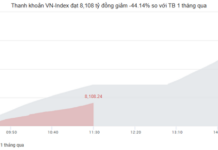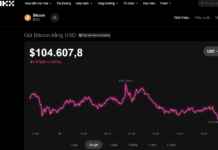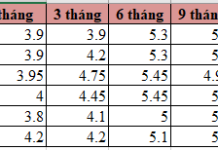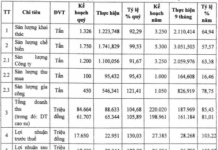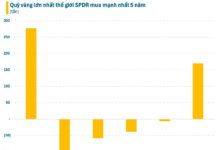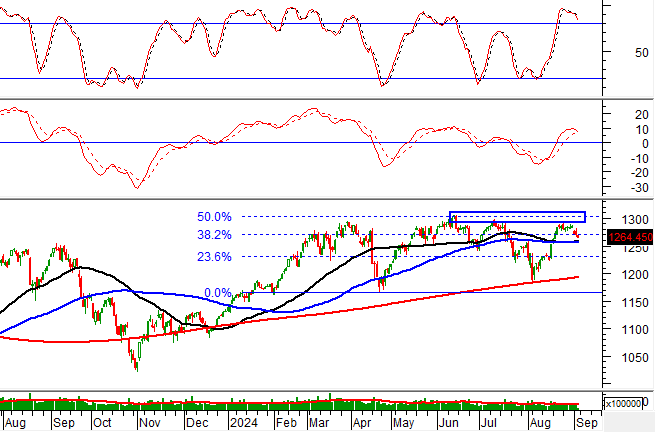The issuance of Resolution No. 05/2025/NQ-CP on September 9, 2025, by the Vietnamese Government, regarding the pilot implementation of the cryptocurrency market in Vietnam, marks a significant milestone. It lays the foundation for the cryptocurrency market to become operational. On the same day, the Prime Minister signed Decision No. 1946/QĐ-TTg to enforce the Digital Technology Industry Law 71/2025/QH15, which was passed by the National Assembly in June 2025 and will take effect from January 1, 2026.
Under this framework, digital assets are, for the first time, regulated within a legal structure that includes licensing, supervision, and integration into the national financial system. Notably, the conditions for granting licenses to market organizers (exchanges) are stringent, encompassing capital scale, structure, business performance, and foreign ownership ratios.
Several major players in the securities industry have swiftly seized this opportunity, demonstrating their ambition to transition from traditional assets to this new domain. Among them, SSI Securities stands out as a pioneer, establishing SSI Digital Technology Joint Stock Company (SSID) with an initial charter capital of 200 billion VND. Recently, SSID formalized partnerships with Tether, U2U Network, and Amazon Web Services (AWS) to develop blockchain infrastructure, cloud computing, and digital financial applications.
At SSI Securities’ extraordinary shareholders’ meeting, Mr. Nguyen Duy Hung, Chairman of the Board, shared that his perspective on digital assets has significantly evolved over the past five years. He recalled that five years ago, he believed Bitcoin could potentially lose all value.
Today, Chairman SSI emphasizes that digital assets are not merely coins or virtual currencies. They represent technology, and blockchain technology is inherently decentralized, eliminating the need for ledgers. Investors are accustomed to viewing financial transactions through the lens of ledgers, but with blockchain, transactions occur without them, and everyone becomes a ledger to monitor others.
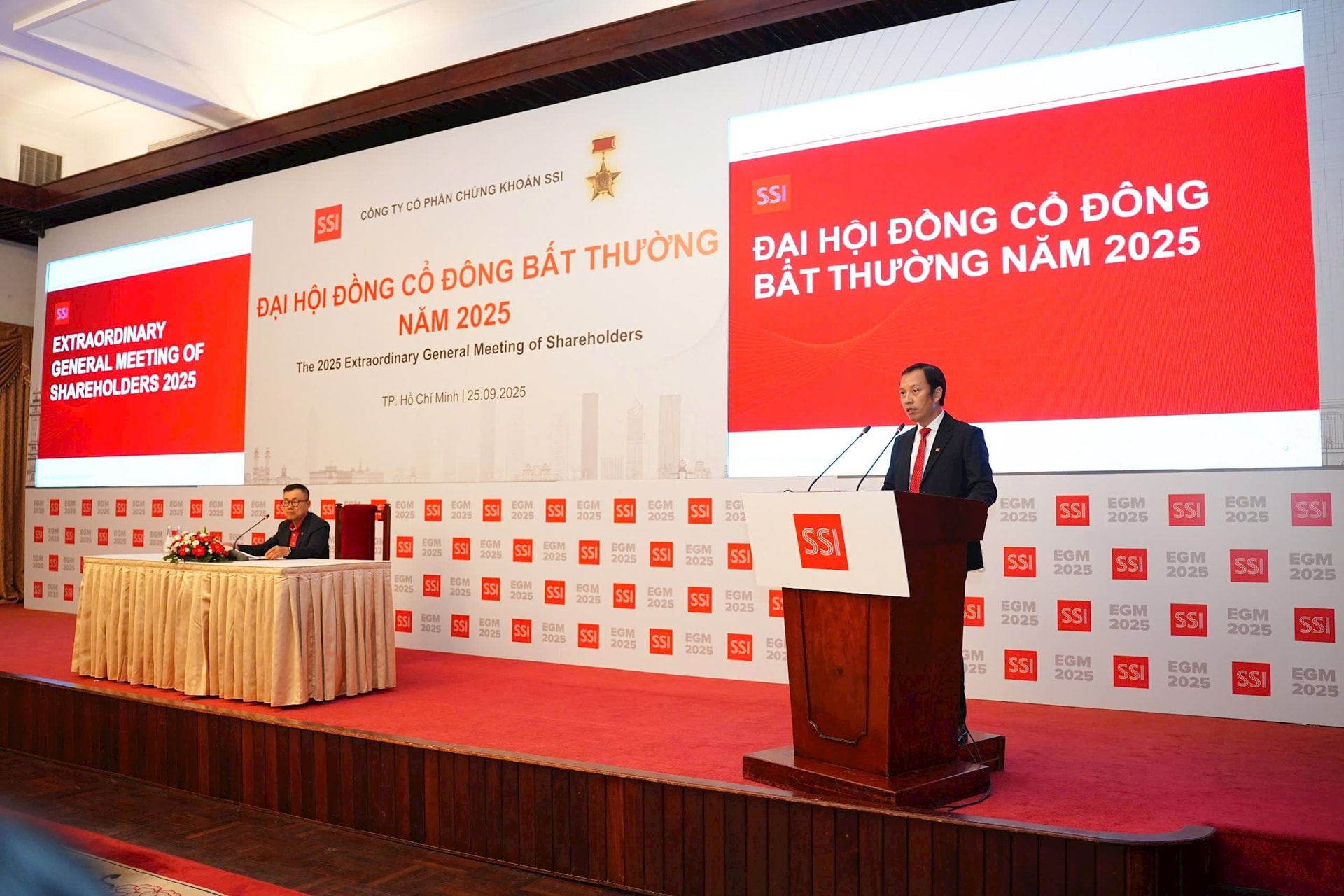
Furthermore, Mr. Hung stresses the importance of understanding, engaging with, and participating in what the younger generation values. While today’s youth may not be as interested in the stock market, they are deeply engaged with the digital asset market. In 5–10 years, these young individuals will become entrepreneurs, and the market will be shaped by their interests.
“As a leading financial institution, SSI must be a ‘first mover.’ Once we understand and recognize the potential, we must act,” Mr. Hung asserts.
Regarding growth opportunities in digital assets, SSI has assembled a tech-savvy team to drive initiatives and has garnered attention from investors. However, Mr. Hung believes that market development hinges on a supportive legal framework and viable business opportunities. SSI has meticulously prepared to establish and participate in the digital asset market.
When discussing digital asset commodities, Mr. Hung highlights the potential of Vietnamese builders and the younger generation. He notes that only when builders successfully sell their products on international platforms will capital flow back into Vietnam. Conversely, if investors purchase international cryptocurrencies like Ethereum or Bitcoin, capital flows outward.
“The primary goal of the digital asset market should be enabling builders to sell their products internationally and repatriate earnings. Similar to the stock market, the main objective is for issuers to raise capital for business development. SSI may be among the ‘fire starters’ that, over many years or decades, help establish such a market,” Mr. Hung concludes.

